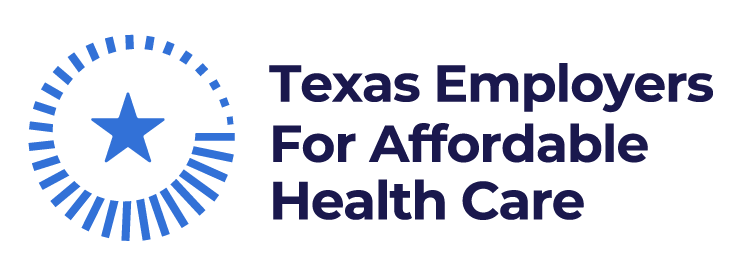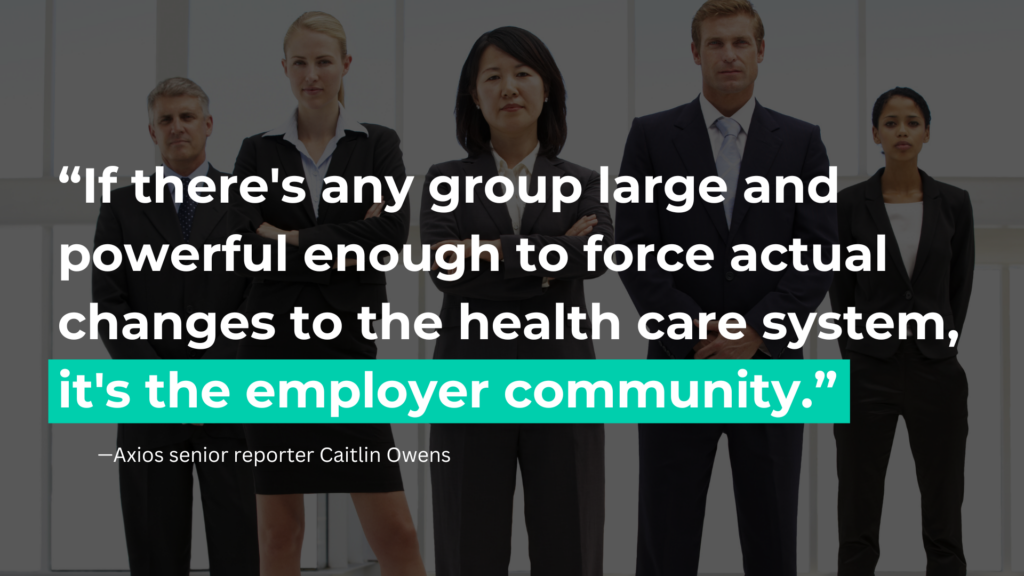
Axios senior policy reporter Caitlin Owens has been following the issue of skyrocketing health care expenses for years. Recently, she took a look at the most recent data on rising prices, the options available to employers to get this growing expense under control, and why health care prices are likely to be a major issue for lawmakers next year.
CPI data highlights the shocking extent of rising high health care prices
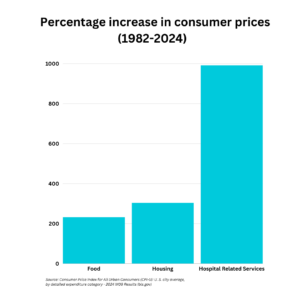
In a recent Keckley Report, health care industry expert and TXEAHC board member Paul Keckley recently noted the extent to which CPI data reveals the shocking rise of health care prices.
KFF: Annual premiums for employer-sponsored family health coverage reached $25,572 this year.
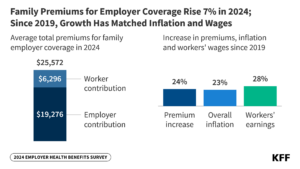
“Employers are shelling out the equivalent of buying an economy car for every worker every year to pay for family coverage,” KFF President and CEO Drew Altman said.
WSJ: Healthcare Premiums Are Soaring Even as Inflation Eases
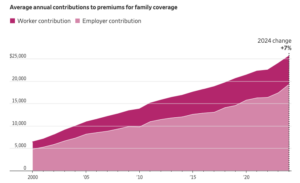
Businesses can’t keep this up, says Shawn Gremminger, chief executive of the National Alliance of Healthcare Purchaser Coalitions, an employer group. And workers ultimately bear those higher costs in other ways, he said, including smaller raises or job cuts. “That’s adding real stress to the economy,” he said.
Inc: Most Companies Absorb Rising Health Care Costs—for Now

The combined 14% increase in premiums over two years outpaced the roughly 9% cumulative inflation rate, and 8.5% growth in worker wages since 2023. Going back over the past five years, the costs to employers in providing worker health care coverage have surged 24%.
